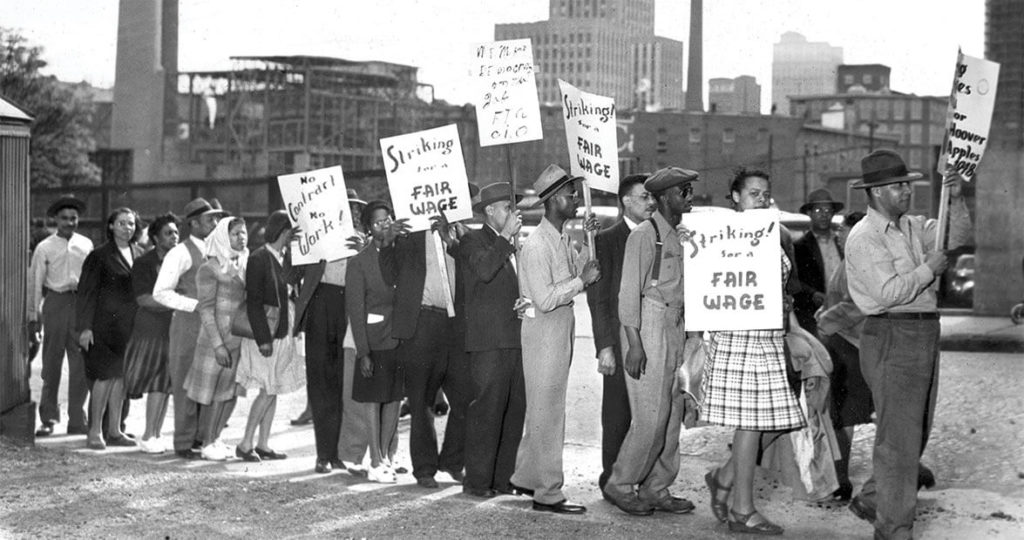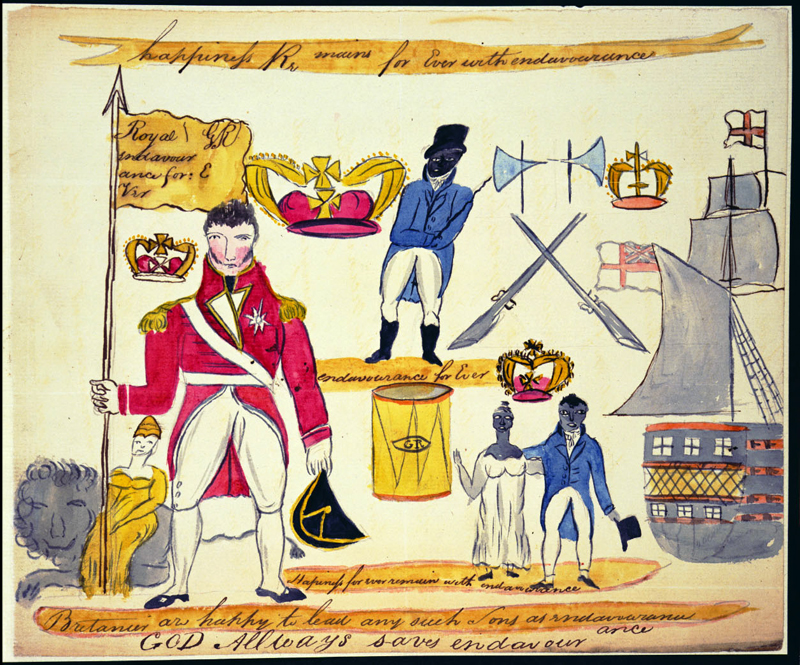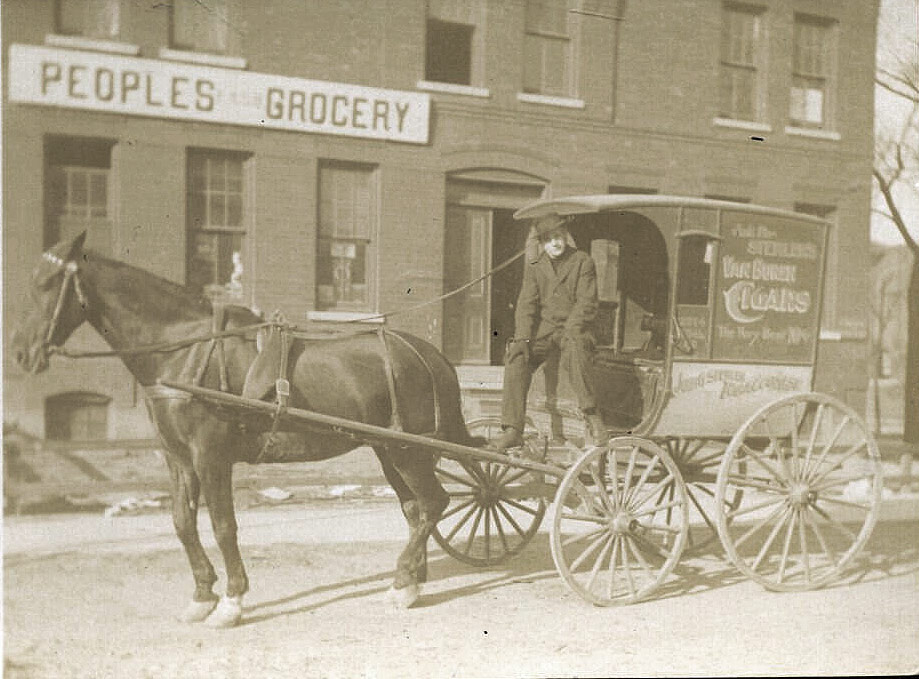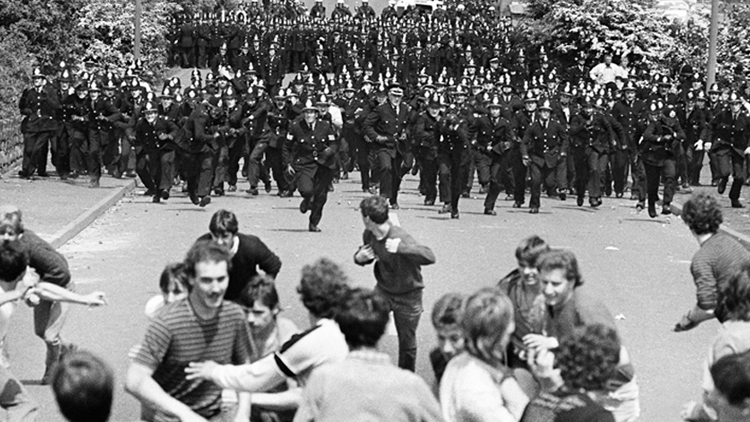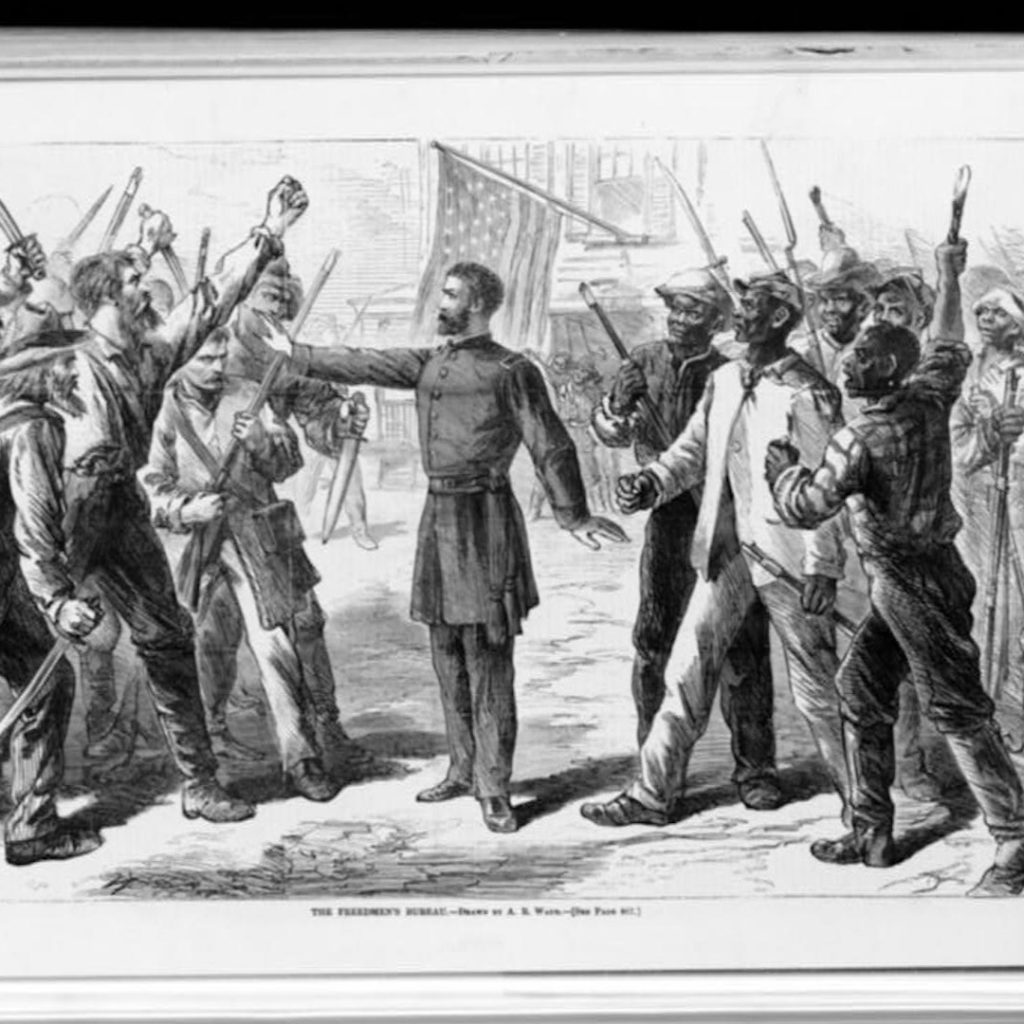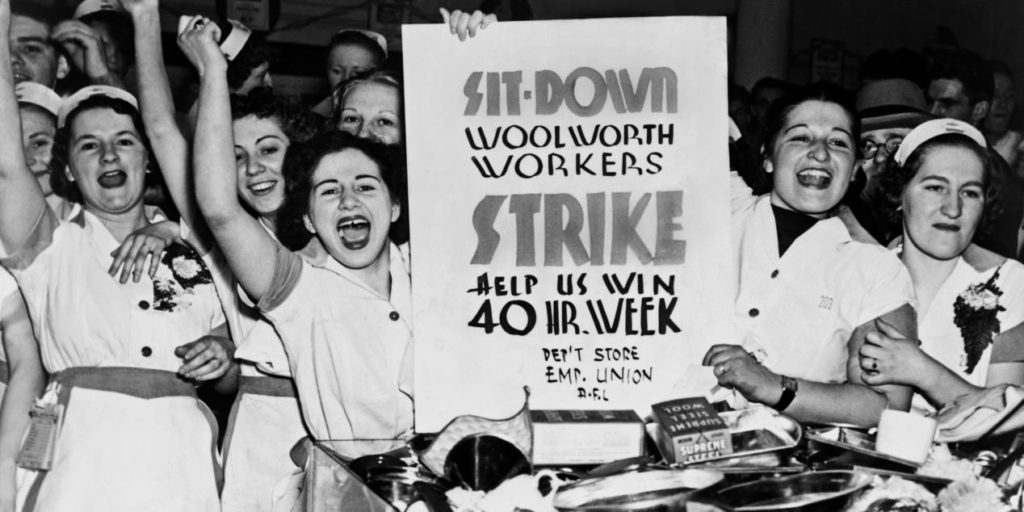This Day in Labor History
On April 21, 1894, bituminous coal miners went on strike. This early attempt to fight against employer oppression and the extremely low wages of the mines failed pretty badly, in.
On April 17, 1937, tobacco workers in Richmond, Virginia went on strike in what became pioneering civil rights labor organizing in the South, laying the groundwork for the rise of.
On April 2, 1964, the Department of Labor announced changes limiting the ability of non-American musicians to work in the U.S. after lobbying from the American Federation of Musicians. This.
On March 20, 1956, workers at Westinghouse ended their strike after 156 days on the picket lines. This was a key moment in the battle over worker militancy that unions.
On March 6, 1984, the British coal strike against Margret Thatcher's union-busting and privatization began. This strike would threaten to shut off the nation's energy supplies. It was also started.
On March 3, 1865, Congress established the Freedmen's Bureau to adjudicate relations between white planters and the now-freed slaves in the South, especially around labor issues. A potentially excellent idea,.

On February 27, 1937, women working in a Detroit Woolworth's started a sit-down strike. This lesser-known but critically important action is one of the greatest of the sit-down strikes of.
On February 26, 1885, the Alien Contract Labor Act, better known as the Foran Act, restricting contract laborers from entering the U.S., passed Congress, putting additional pressure to stop Chinese.





